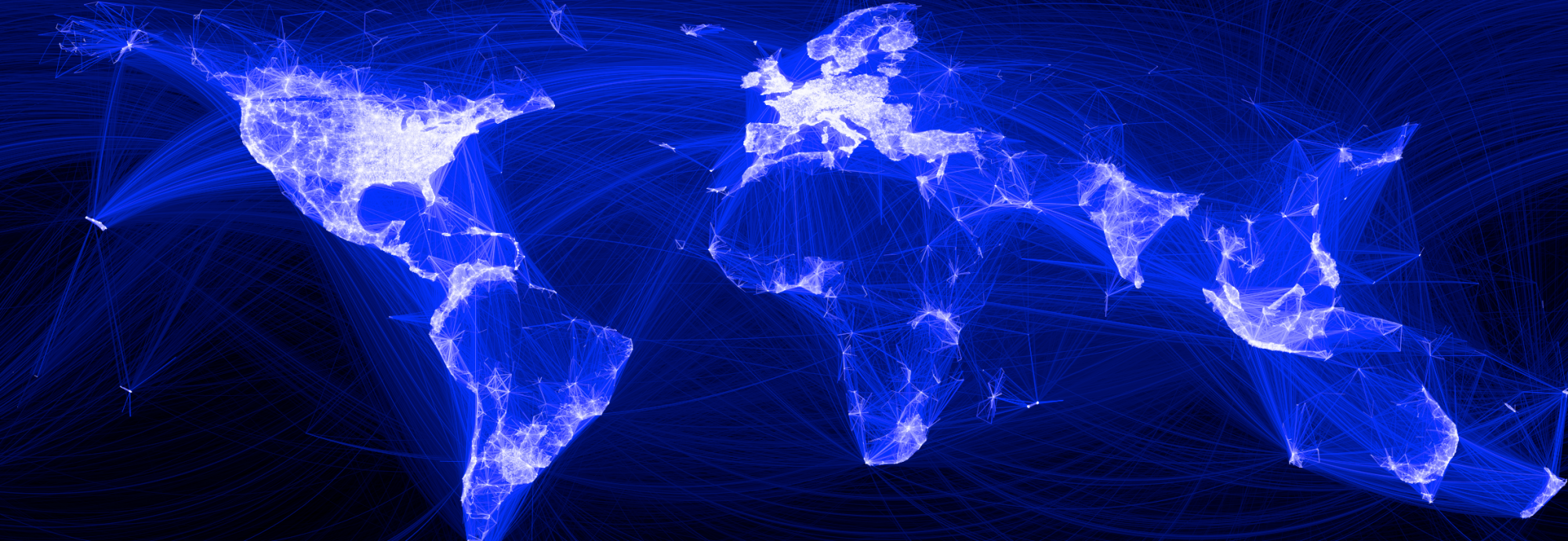Fort McMoney is a recently released ‘docu-game’ that combines extensive documentary footage of Fort McMurray, including interviews with residents, and various political and industry figures, with a game platform that asks players to explore the town themselves, interact with various characters, and also participate in an online political discussion about federal, provincial, and municipal policy concerning Fort McMurray and the oilsands. Players of the game have already made one big decision about their ‘virtual’ oilsands policy: that taxes on petroleum products should be higher. As the game proceeds over the course of four weeks, different policy questions will be put to referendum (This week’s: “Should oil be nationalized?”), and the results of the referenda will be put into effect in the virtual town of Fort McMoney. The game contains a simulator that demonstrates the results of the virtual political discussions and policies on the population of the town.
I played the game for a couple of hours on the day it came out, and was mostly impressed with the beauty of the photography involved, the complexity of the platform the developers and filmmakers have built to facilitate discussion, and the sensitivity with which the documentary makers have engaged the human stories behind Fort McMurray’s boom. Though the documentary makers claim that the game represents a neutral perspective on the questions at stake, a probably unavoidable bias does show through; often it seems as though the portrayal is gloomy or negative. To be fair though, when faced with real human suffering as is displayed in some of the stories and interviews, it is hard and maybe not even a good idea to adopt a neutral perspective. The documentarians do a fairly good job maintaining choice for the player in how to explore and interpret the world that they portray.
The idea of combining documentary, game, and political discussion has a lot of appeal to me, and I really hope that Canadians and others will become engaged in the project and in so doing gain a more nuanced understanding of Canada’s oilsands and of the people of Fort McMurray. As an Albertan, and someone who has friends and family living in Fort McMurray, I am often frustrated by the way in which people ignore the human aspects of the oilsands, vilify Albertans and the oil industry for their involvement, while also vastly oversimplifying the policy discussion surrounding the place of petroleum products and the oil industry in Canada. I am happy to see an online platform that asks people to engage with the issues more deeply and come to conclusions only after having done so.
More Links:
- CBC – “Fort McMoney lets players decide virtual fate of oilsands territory”
- CBC Radio Q – “Fort McMoney docu-game plays out complexities of oilsands” (with photos from the game)
- Northern Journal – “Ideas battle online for control of Fort McMoney”
